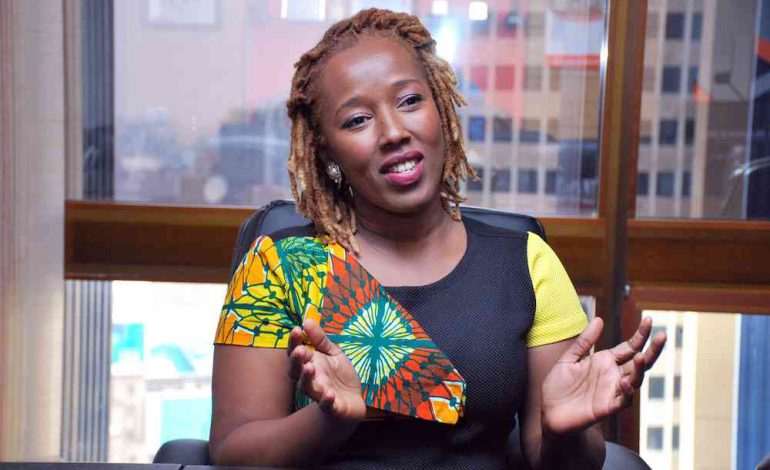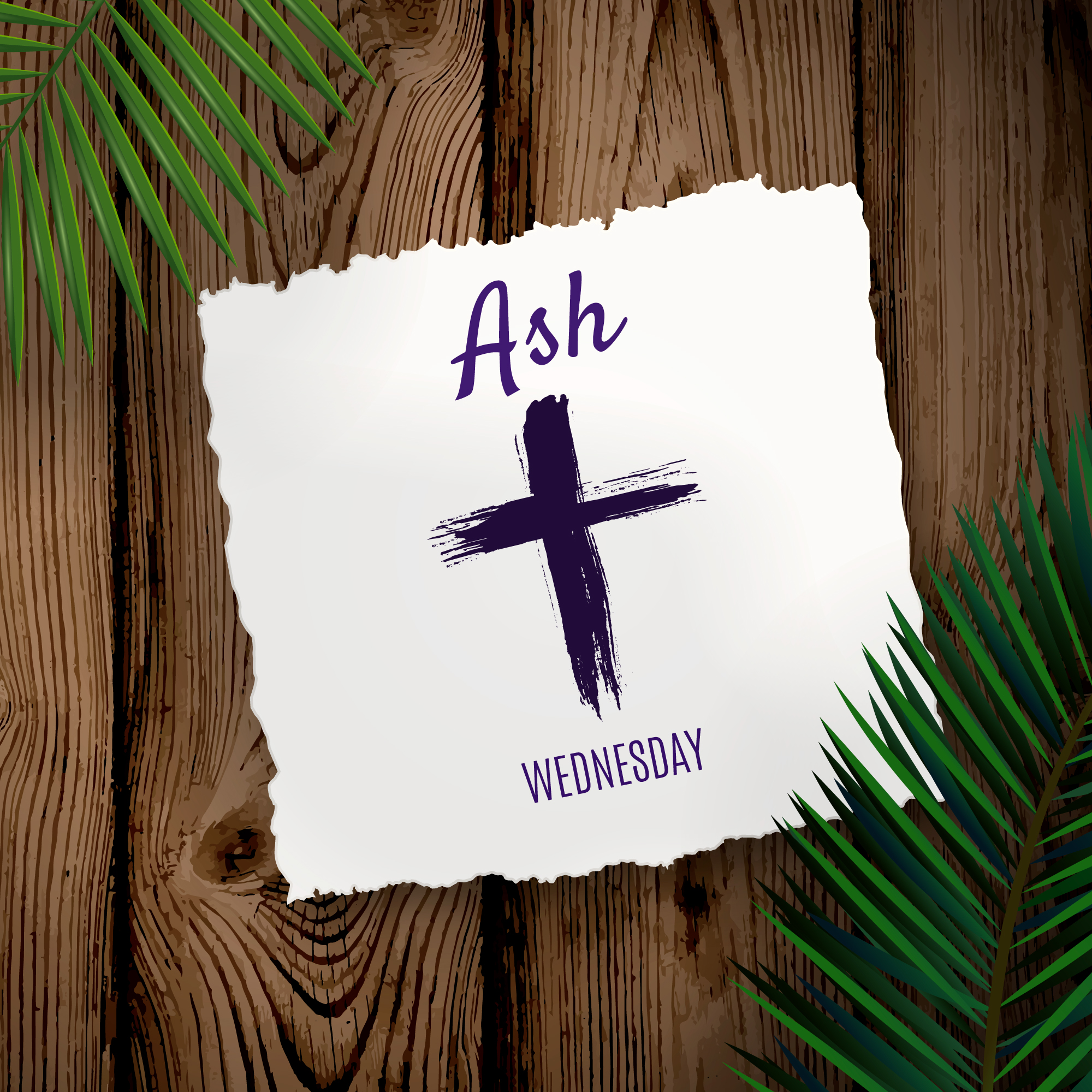Safety measures for mobile, card and online banking
Due to the Coronavirus outbreak in Kenya, the government has urged us to move to mobile banking to avoid physical money contact. Banks have waived transaction costs when using mobile

Due to the Coronavirus outbreak in Kenya, the government has urged us to move to mobile banking to avoid physical money contact. Banks have waived transaction costs when using mobile banking and while transferring money from one bank to another via Pesalink. Though these measures will prevent us from catching Covid-19, there are a lot of safety concerns that come with it.
The Kenya Bankers Association (KBA) has been running a campaign called Kaa Chonjo with the hashtag #secureyourbanking.
Tricks frauds use to hack our bank accounts
One of the safety measures the Kaa Chonjo campaign is advocating for is to avoid using public wifi for any electronic transactions.
“Public wifi whether or not it has a password, we should not use it to make an electronic payment. You don’t know who is behind that public wifi system. Most times they are merchants who are providing services on behalf of the retailer,” the director of Public Affairs at KBA Nuru Mugambi, told Parents Magazine on Tuesday.
Ms Mugambi continued to caution that hackers can put a cookie on your phone or laptop and track everywhere you go or transact.
Another safety measure one can take is to ensure the URL of the website you are transacting with is secure.
“Wherever there is a Http, make sure there is an S and a padlock before the URL of the website. The padlock shows you that the website is secure,” Ms Mugambi cautions.
Data mining
One of the latest scams is the issue of free internet. Through a message circulating on Whatsapp, people are being advised to click a particular link to get free internet.
“We just forward without verifying a fraudulent link. One of us will click on it and get defrauded,” Ms Mugambi warned.
Such links are one way that fraudsters use to mine data from unsuspecting Kenyans. This is because they ask for your personal details during registration. Other ways frauds use to mine data is through emails and SMSs.
“Most people are familiar with the SMS that congratulates you for winning a crazy sum of money without even enrolling in that competition. Once you call them, they start asking for your personal information such as your name, location, pin etc. They can either sell your information or use it to impersonate you and access your financial information or money,” she added.
Another way people may expose themselves to fraudsters is by saving pins on our phones or writing them on a paper or book.
Safety measures to protect our bank accounts
“It’s good to change your password on a very regular basis. If you notice that you are receiving a lot of fraudulent SMSs and emails, change your email address. Create another email for just banking and communicate that with your bank only,” Ms Mugambi advises.
Another safety practice that Ms Mugambi advises while transacting online, is to avoid putting all our monies in one bank account.
“Once you know what your budget is for that month, whatever is left, just put it in another account. Don’t have it on the account you use for Mpesa because if you get hacked, you will really get affected,” says Ms Mugambi.
She advocates that one puts the extra money in a Fixed Deposit Account because they have higher interest rates. One can also invest it in mutual funds or treasury bills.
Banks have also put in measures to safeguard their customers’ bank accounts such as the registration process. Your bank mines as much data as possible from you so that they can be able to know when a fraud accesses your bank account.
Another measure banks have taken is sending either an SMS or email once you make any transaction.
However, the buck stops with us.
“Don’t be quick to give information and always pause to verify before giving any financial details,” says Ms Mugambi.




